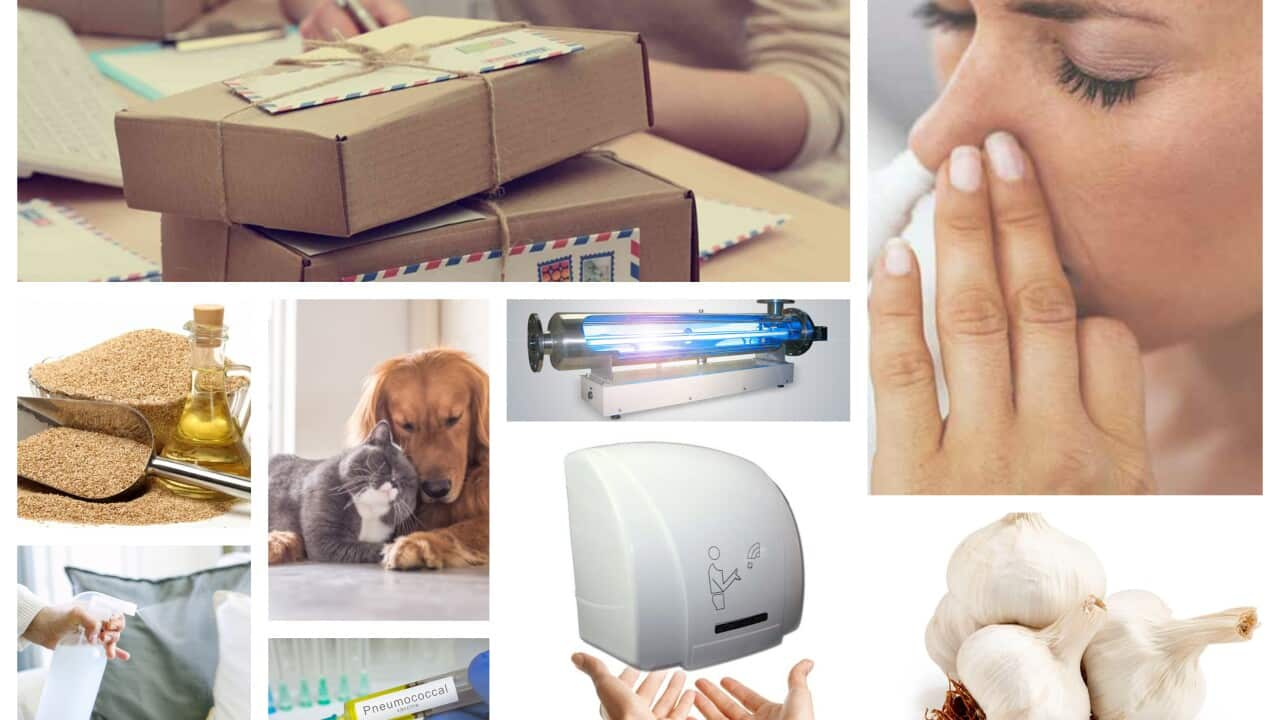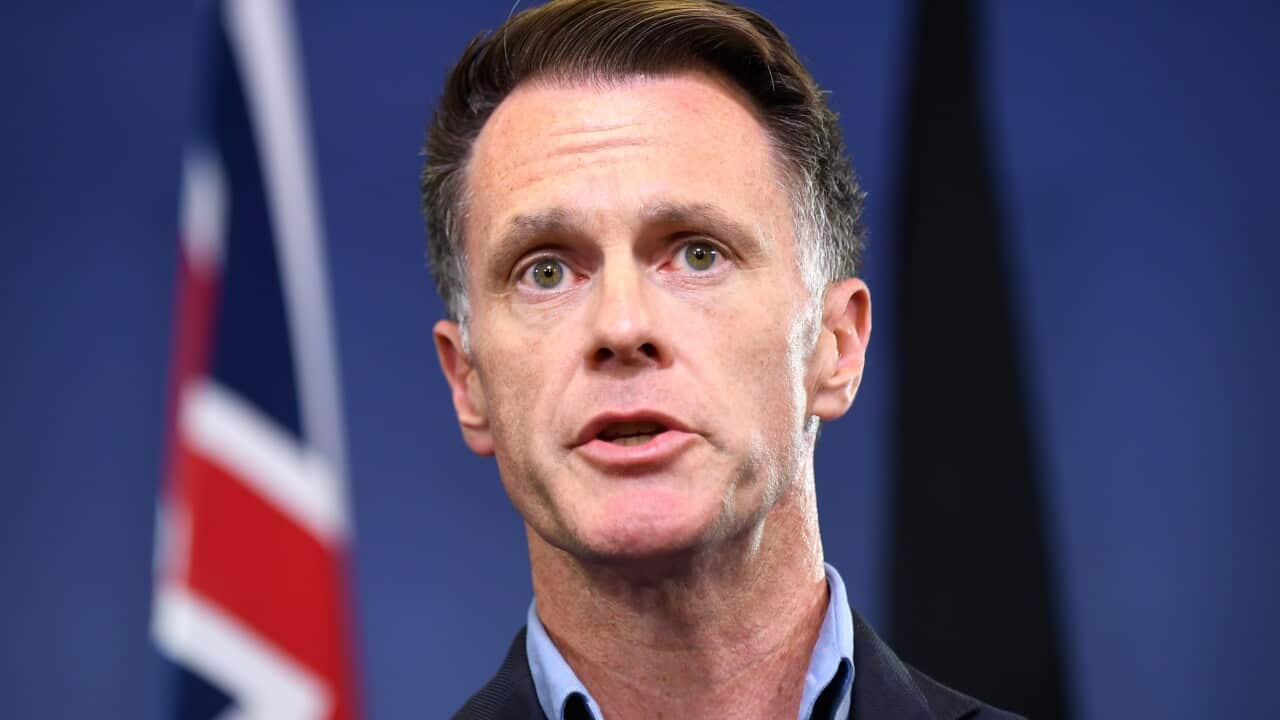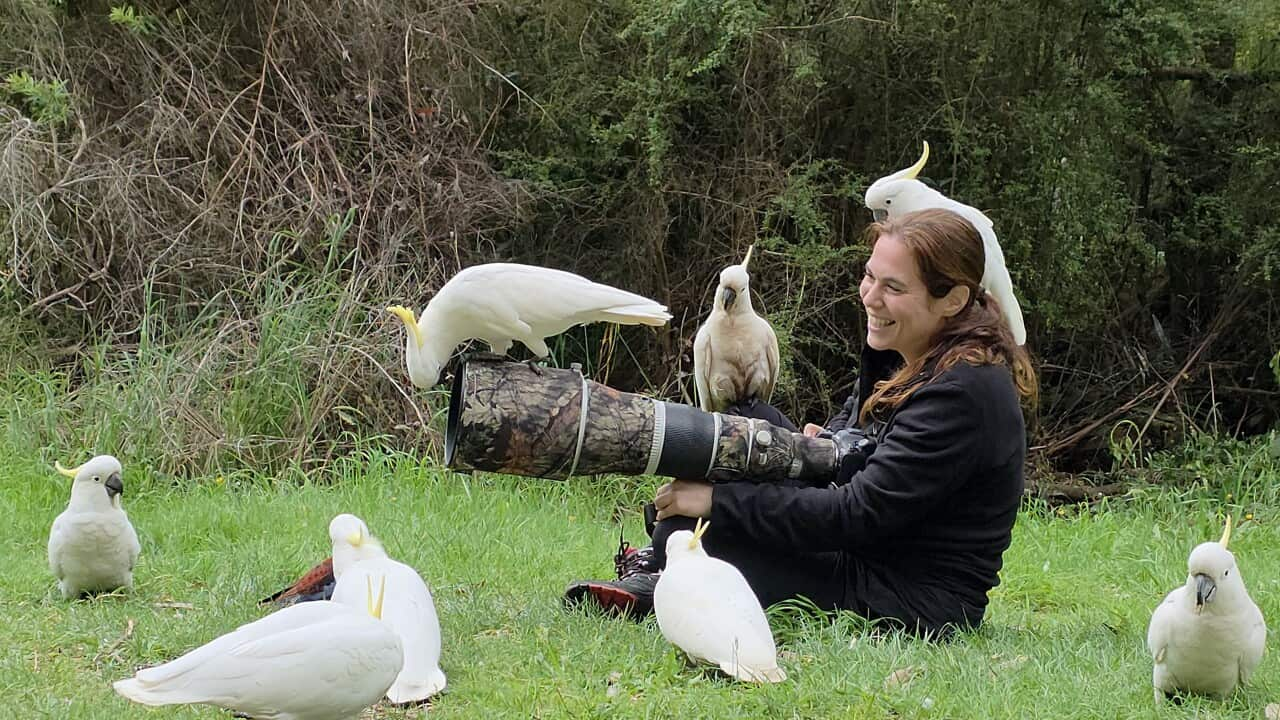MYTH 1: Nothing will happen to healthy young people if they catch the virus, only the elderly and people with other health complications are vulnerable.
Prof Senanayake says:
"We know that the people at highest risk of getting a really bad or serious COVID infection are older people, particularly people over 65 or 70 and people with underlying health problems. However, we have definitely seen young, healthy people get very sick with COVID, ending up in intensive care or even dying. So, even though the chances of a young healthy person getting a serious life-threatening infection are very low, it’s certainly present. Some of the people who died from COVID were completely healthy."
MYTH 2: The UV rays of the Sun will kill the exposed coronavirus, so sunbathing will keep me safe from the virus.
Prof Senanayake says:
There is some evidence that UV light might affect viruses like flu, but it isn't very strong evidence. It appears that a type of UV light called UVC might have the best activity against coronaviruses, but it can be dangerous to people. A special type of UV light called Far-UVC has been examined. This may not be dangerous to humans but still dangerous for viruses and bacteria; however again, good human studies are lacking.
MYTH 3: Eating garlic, taking Vitamin D supplements, or taking herbal and home remedy medications will prevent coronavirus infection.
Prof Senanayake says:
"There is no good scientific evidence that that is the case. If you feel better by taking garlic, etc; if that makes you feel better, that is fine, but don’t do it because you think it will prevent COVID."
MYTH 4: Drinking hot water, alcohol or lemon water will clear my throat of the virus.
Prof Senanayake says:
"Drinking hot water and water with lemon may make your throat feel a bit better but it will not kill the virus. It does not have any antiviral activity."
MYTH 5: The virus lives in the throat for a few days before infecting the lungs and is destroyed by hot temperatures, so drinking hot water after catching the virus will prevent me from getting sick.
Prof Senanayake says:
"The virus does start off in the throat and in the nose but, again, as we have talked about with hot water, there is no evidence that mouthwashes or hot water, kill the virus."
MYTH 6 - Drinking water frequently will flush the virus into my stomach, where stomach acids will kill it off, instead of it passing into my windpipe.
Prof Senanayake says:
"There is no evidence that that’s the case. There are a lot of health reasons why it’s good to drink a lot of water but not for COVID-19. People with COVID-19 can have the virus found in their poo, so that means stomach acid does not always kill it."
MYTH 7 - Drinking strong alcoholic spirits like whiskey will sterilise my throat and kill the virus.
Prof Senanayake says:
"No, there is no evidence that drinking alcoholic drinks with high levels of alcohol will kill the virus but instead doing this can be harmful to your health for other reasons. I suspect this rumour may have come from the fact that we know that alcoholic sanitisers are effective at killing the virus from your hands but that is for the hands, not inside your body — they are two very different things."
MYTH 8 - The anti-HIV drug PrEP can protect me against contracting coronavirus.
Prof Senanayake says:
"This [myth] probably came about because there is an HIV medication, a combination medication, called Lopinavir–Ritonavir that was postulated as having activity against COVID-19. However, a randomised control trial was published in the New England Journal of Medicine, showing disappointing results. (…) We’ll have to see what other studies show. But even if this one HIV medicine were to be shown to have activity against COVID-19, it doesn’t mean that other HIV medications will have activity against COVID-19."
MYTH 9 - The antimalarial drug hydroxychloroquine cures COVID-19.
Prof Senanayake says:
"That needs to be investigated because in the lab it does have an effect on the virus and there was one clinical trial that said that it seemed to have killed the virus, that it had a good impact on the virus, but other studies have come out saying that it doesn’t have an impact on the virus. And the other problem with hydroxychloroquine is that it has side effects; it can affect beating of the heart."
MYTH 10: Frequently taking hot baths helps prevent coronavirus infection.
Prof Senanayake says:
"There is no evidence that frequently taking hot baths helps prevent coronavirus infection."
MYTH 11: Rinsing sinuses with a saline solution will prevent coronavirus infection.
Prof Senanayake says:
"If you have blocked sinuses, that may help your blocked sinuses but will not kill coronavirus."
MYTH 12: 5G mobile networks spread COVID-19.
Prof Senanayake says:
"I don’t even understand how 5G technology could spread a virus; that makes no sense. COVID is happening in countries and parts of countries where there is no 5G."
MYTH 13: 5G mobile networks weaken the immune system and therefore are a reason behind the COVID pandemic.
Prof Senanayake says:
"There is no evidence that radiation from 5G is strong enough to weaken the immune system."
We also asked Prof Senanayake some questions of general interest to our audiences:
Can I catch the virus by visiting the supermarket?
"In theory, we know that the virus can spread by droplets. When people cough or sneeze they can spread droplets. And these can get onto surfaces, where they can survive. In theory, it’s possible that you could pick it up from touching something in a supermarket, like a supermarket trolley, or the counter, for example. That is why whenever we go outside in the community, we should make sure that we are cleaning our hands with hand sanitiser frequently. "[But] just because you get it on your hands, it doesn’t mean that you are infected yet. You have an opportunity to stop it from infecting you and that’s why you need to use hand sanitiser or wash your hands with soap and water. Because that will kill the virus on the hands and then if you touch your mouth, your nose or your eyes, there won’t be any virus there."
Can I get the virus if someone with COVID sneezes far away from me?
"One study shows that if you cough or sneeze, the virus can go up to 8 metres away but that was just one study. [But] what we think is that people who are at least 1.5 metres away from the coughing and sneezes aren't at risk of getting the infection."
If an infected person does not sneeze or cough, can they spread the virus?
"In terms of how we regard someone as a close contact of a case from a public health point of view, there are two definitions: if you have had a face to face contact for more than 15 minutes or if you have been in the same room or in closed space for more than two hours (even at a distance of 1.5 metres).
What's the risk of getting the virus from inanimate surfaces?
"It’s a lower risk to get it from surfaces but it’s possible and if you touch a surface that someone has just touched then there may be quite a lot of virus on it. But if that person has touched it two days ago, your risk will be much less."
For how long does the virus live on inanimate surfaces? And on the hands?
"[We know that the virus lives on] copper metal for four hours, on paper or cardboard for 24 hours and stainless steel and plastic for up to 72 hours. We don’t know how long it lives on the hands for."
People in Australia must stay at least 1.5 metres away from others. Check your state’s restrictions on gathering limits.
Testing for coronavirus is now widely available across Australia. If you are experiencing cold or flu symptoms, arrange a test by calling your doctor or contact the Coronavirus Health Information Hotline on 1800 020 080.
The federal government's coronavirus tracing app COVIDSafe is available for download from your phone's app store. SBS is committed to informing Australia’s diverse communities about the latest COVID-19 developments.
Special thanks to Amit Rehak for his assistance





